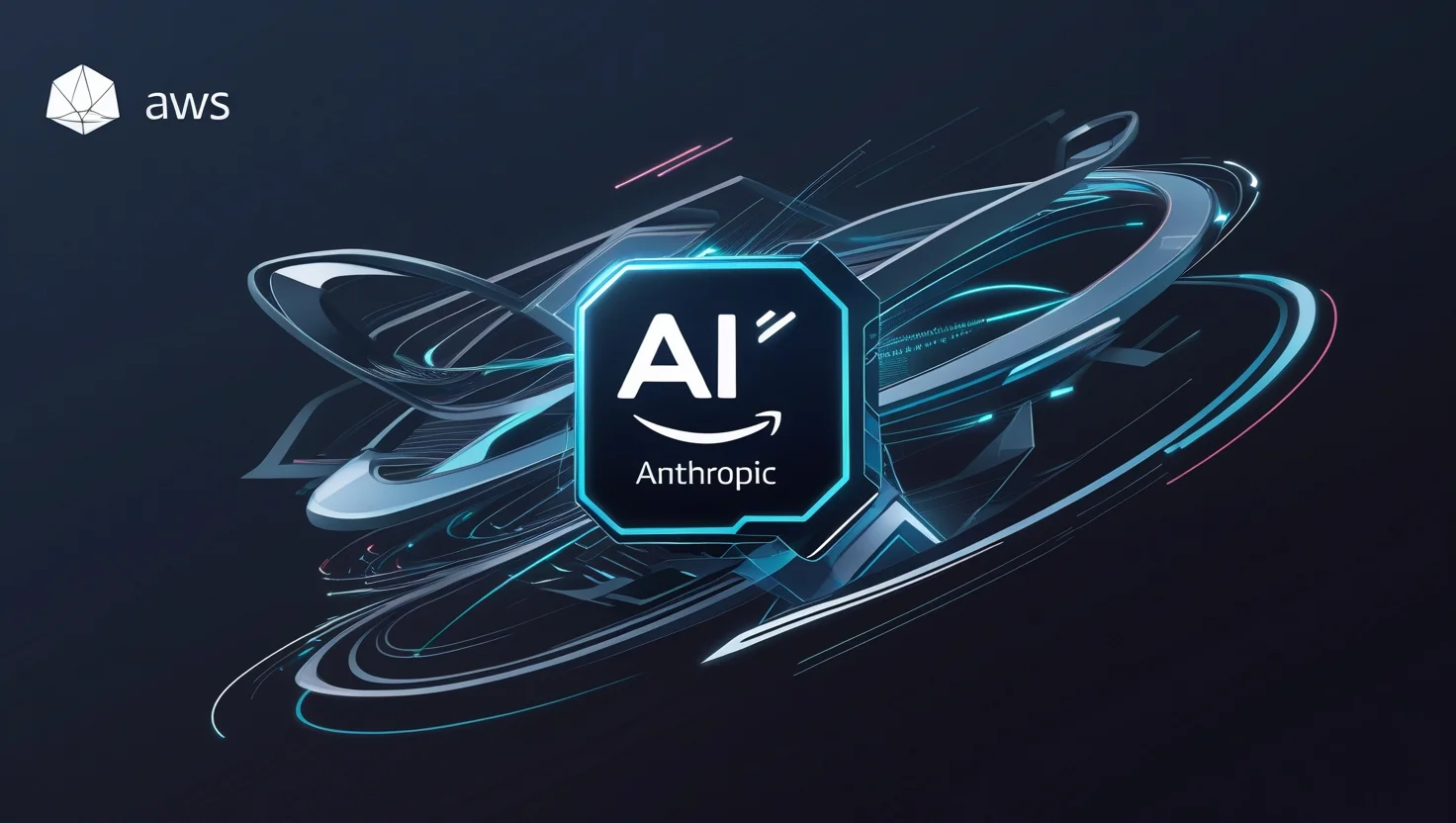Researchers at the Oxford Drug Discovery Institute are using artificial intelligence to streamline the search for potential Alzheimer’s treatments. By leveraging AI-powered databases and knowledge graphs, scientists can sift through biomedical data nearly ten times faster than traditional methods. This acceleration helps prioritize genes and proteins for further study, which could lead to more effective drug development.
Emma Mead, the institute’s chief scientific officer, explained that identifying targets for Alzheimer’s drugs is complex due to the disease’s numerous genetic and environmental risk factors. Researchers initially selected 54 genes linked to the immune system for further investigation. However, by utilizing knowledge graphs—a database technology that maps relationships between data points—the team could quickly analyze sources such as PubMed, scientific journals, and internal datasets.
Knowledge graphs, originally popularized by Google, have been increasingly adopted in various industries, including healthcare and AI applications. By integrating AI with these databases, scientists can trace information about specific genes or proteins back to their original sources, improving the accuracy and efficiency of their research.
The Oxford team collaborated with Graphwise, a company specializing in knowledge graphs, to tailor a large-scale database for their studies. This customization significantly reduced the time required to evaluate genetic data from weeks to mere days. The next step involves experimental validation to determine whether the identified targets play a role in Alzheimer’s and if they are suitable for drug development.
The growing availability of biomedical data presents both opportunities and challenges for researchers. Without advanced tools like AI and knowledge graphs, analyzing such vast amounts of information would be overwhelming. These technologies not only make research more efficient but also empower scientists who may not have extensive bioinformatics expertise. According to Mead, these tools help prevent researchers from feeling lost in an ocean of data, ultimately driving faster and more effective drug discovery.













